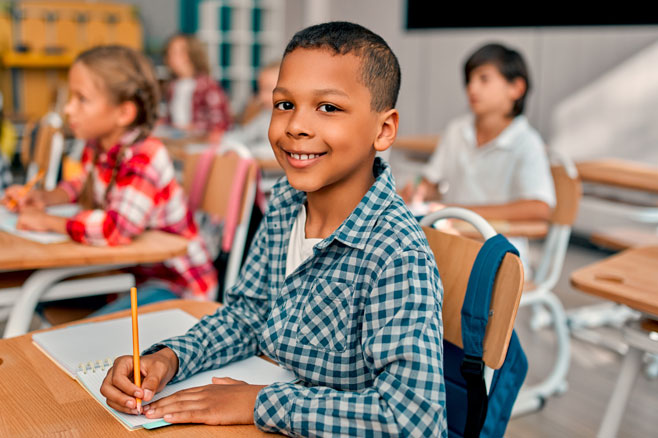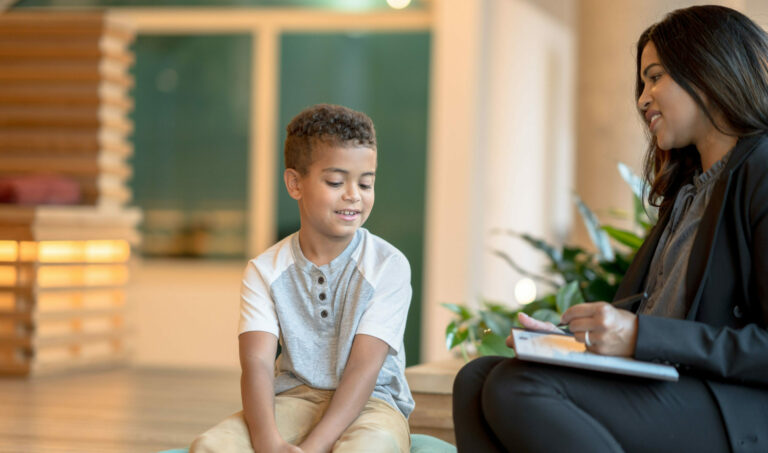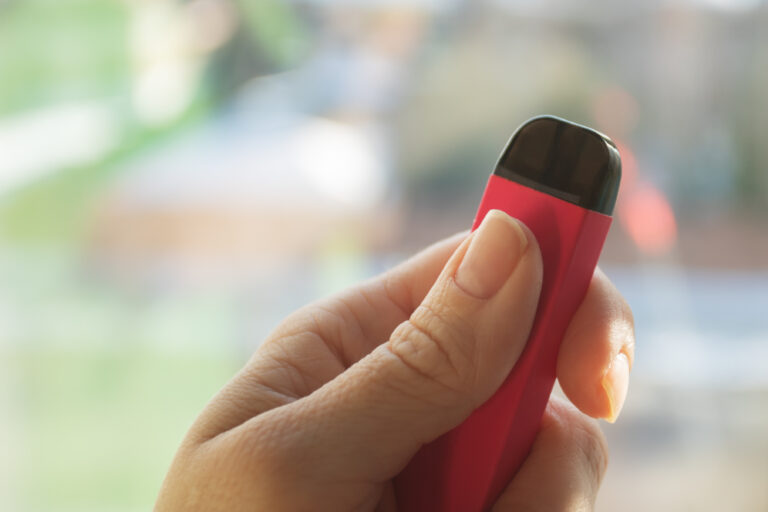How adults can help youth engage in helpful and appropriate social media use
Social media is not inherently helpful to young people. The impact of social media and what youth see and do online depends on several variables. An adolescent’s personality, psychological characteristics, social circumstances, context in which they have grown up, strengths, and vulnerabilities are all characteristics that determine social media’s effect on youth.
Adolescent development is gradual and continuous. Therefore, depending on the child, appropriate use of social media should be based on self-regulation, intellectual growth, comprehension of potential risks, and their home environments. Overall, the best outcomes occur when there are limits and boundaries around how youth use social media. Discussions and coaching between children and adults around the appropriate use of social media are a must. Youth need to understand time limits, recommended content, how to use the “like” button, and most importantly, how their behavior on social media can be used, stored, and shared with others.
Some social media can be beneficial. For example, functions that support social support and companionship help youth who otherwise feel isolated, want access to like-minded peers, or seek mental health support. On the other hand, when social media interrupts sleep and physical activity or supports excessive social and physical comparison or maladaptive behaviors such as eating disorders or self-harm, social media can be harmful. Social media that pays excessive attention to behaviors related to beauty and appearance have been shown to result in poorer body image, disordered eating, and depression among adolescents.
The Surgeon General’s 2023 social media and Youth Mental Health Advisory’s Call to Action includes:
- creating tech-free zones,
- encouraging in-person interactions
- modeling responsible social media behavior
- educating youth about appropriate social media use.
There is also a push for digital and media literacy curricula in schools and with academic standards, so educators and students strengthen digital resilience – the ability to recognize, manage, and recover from online risks such as cyberbullying, harassment and abuse, and excessive media use.
Simple tips for youth include:
- Take social media breaks.
- Turn off notifications to limit distractions during studying and socializing.
- Unfriend, unfollow, mute any social media accounts that do not show you respect or make you feel good about yourself.
- Track screen time. Try to decrease the time.
- Prioritize sleep, physical activity, and in-person interactions with family and friends.
Surgeon General’s 2023 Social Media, Youth, and Mental Health Advisory
American Psychology Association 2023 Health Advisory on Social Media Use in Adolescents






